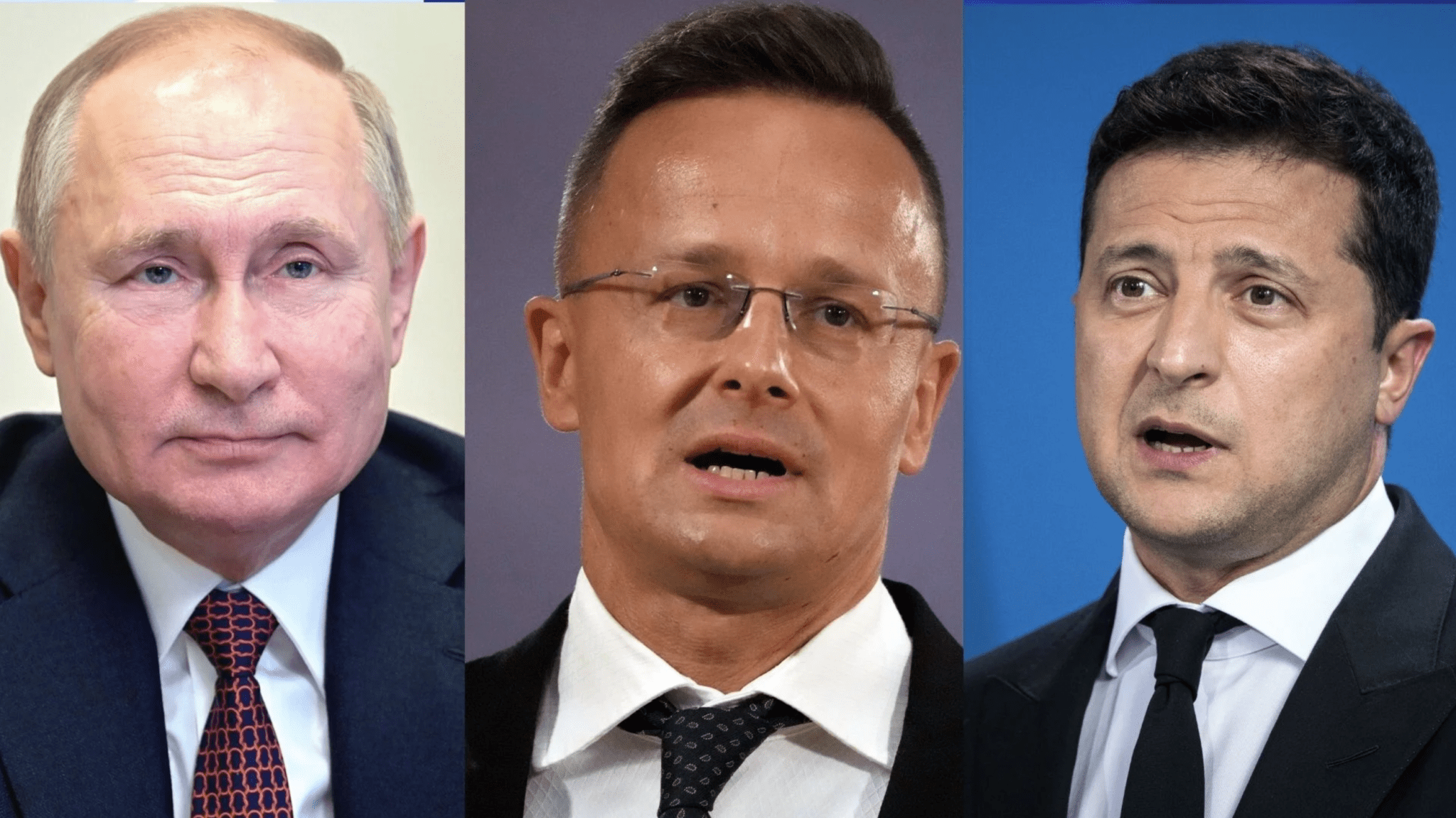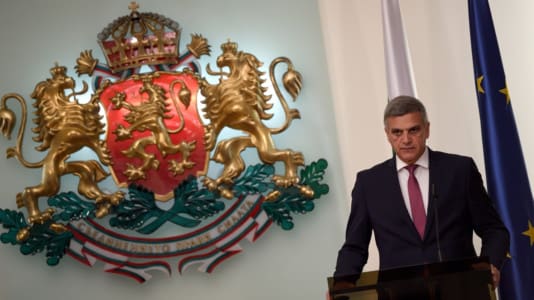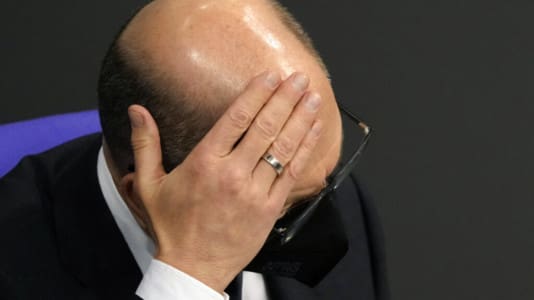Hungarian Foreign Minister Péter Szijjártó discussed what he believes is the hypocrisy underlining the current crisis in Ukraine during a recent interview, and insisted that his country will not be dragged into an armed conflict that springs from the ambitions of the world’s global superpowers. In his view, while in recent years Hungary had extended its helping hand towards Ukraine with medical and energy supplies, the current government of Volodymyr Zelensky had stabbed Hungarians in the back.
The minister thinks that beyond the saber rattling, the situation seems to be somewhat calmer, and when top-level American or Russian officials express their views about the conflict, the discussions seem to be fundamentally fair, normal, and sometimes even cordial. Szijjártó said he feels it is reassuring that there is still some kind of normality behind the scenes, but sends a two-fold request towards the superpowers standing: keep talking to one another, but keep your conflict out of our neighborhood.
[pp id=5872]
Reflecting on the words of Polish Foreign Minister Zbigniew Rau, who said he believes that Europe is now the closest to war it has been in 30 years, Szijjártó said that when East and West are in conflict, the main losers in these conflicts have always been Central Europeans. Central and Eastern Europeans want to avoid a return to the Cold War and its psychosis at all cost, yet the rhetoric of conflict has already been resurrected. He stated that it is in the interest of the entire region that the United States and Russia should discuss issues that divide them, “because there is no alternative to dialogue.”
The Hungarian minister also thinks that pressure from the EU and the U.S. to decrease bilateral ties and business between Hungary and Russia is not justified.
“No one can ask us to do that”, stated Szijjártó. He pointed out that the same political actors who employ tough and condemning rhetoric against Russia are at the same time involved in huge business deals with Moscow. Economic data shows that since sanctions have been in place against the Russians, the Germans and the French have increased their own exports to Russia by many billions of euros.
Szijjártó pointed out that the fair relationship between Hungary and Russia has brought crucial benefits to his country both in health and energy security issues. While in the beginning of the pandemic the EU was suffering a severe shortage in vaccines due to its mishandling of orders from Western manufacturers, Hungary was able to obtain Sputnik vaccines from Russia and get to the top of the list of the most vaccinated countries in the EU. Furthermore, while European countries are suffering from shortages of energy supplies and consumers have been hit by astronomical price increases for their gas and electricity, Hungary had reached a long-term gas purchase agreement with a Russian supplier — all at a favorable fixed price.
“We are just smiling at the situation in which others have maneuvered themselves with their hypocritical (green) energy policies,” said the minister.
During the interview, the Hungarian foreign minister has also pointed at the reasons behind the strained relations with their Eastern neighbor. He said, looking at the Ukrainian government’s treatment of Hungarian minorities, he has given up on his past optimism, but will retain his hopes that the situation can improve. He had also pointed out that positive gestures offered by the government of Viktor Orbán had not been returned from Kiev.
When, for instance the Ukrainians asked for a telephone conversation with Orbán at the end of last year, President Volodymyr Zelensky painted the future of bilateral relations very positively and showered the Hungarians with compliments. Shortly afterwards, he introduced a bill in the Ukrainian parliament, which prohibits dual citizens from holding public office. This will exclude members of the indigenous Hungarian minority in Ukraine from public participation almost entirely, as many of them hold dual citizenship.
The Ukrainians have also asked for help in supplying gas to Ukraine via Hungary. The Hungarian government had consented to this and are currently in the process of transporting 700 million cubic meters of gas through Hungary to Ukraine. Still, no progress is being made in matters concerning the Hungarian minority. The Hungarians have also supplied medical ventilators and chlorine for water purification to Ukraine, invited Ukrainian children to the shores of Lake Venice south of Budapest, and treated wounded Ukrainian soldiers in Hungarian hospitals.
In contrast, the Hungarian community in Ukraine has only experienced an increasing amount of intimidation and legal restrictions on their use of native language.
“I have honestly told my EU and NATO colleagues that if the Ukrainians do not back down from this policy, it will severely limit the Hungarian government’s ability to provide any support to Ukraine, even in this area (conflict with Russia),” said Szijjártó.





